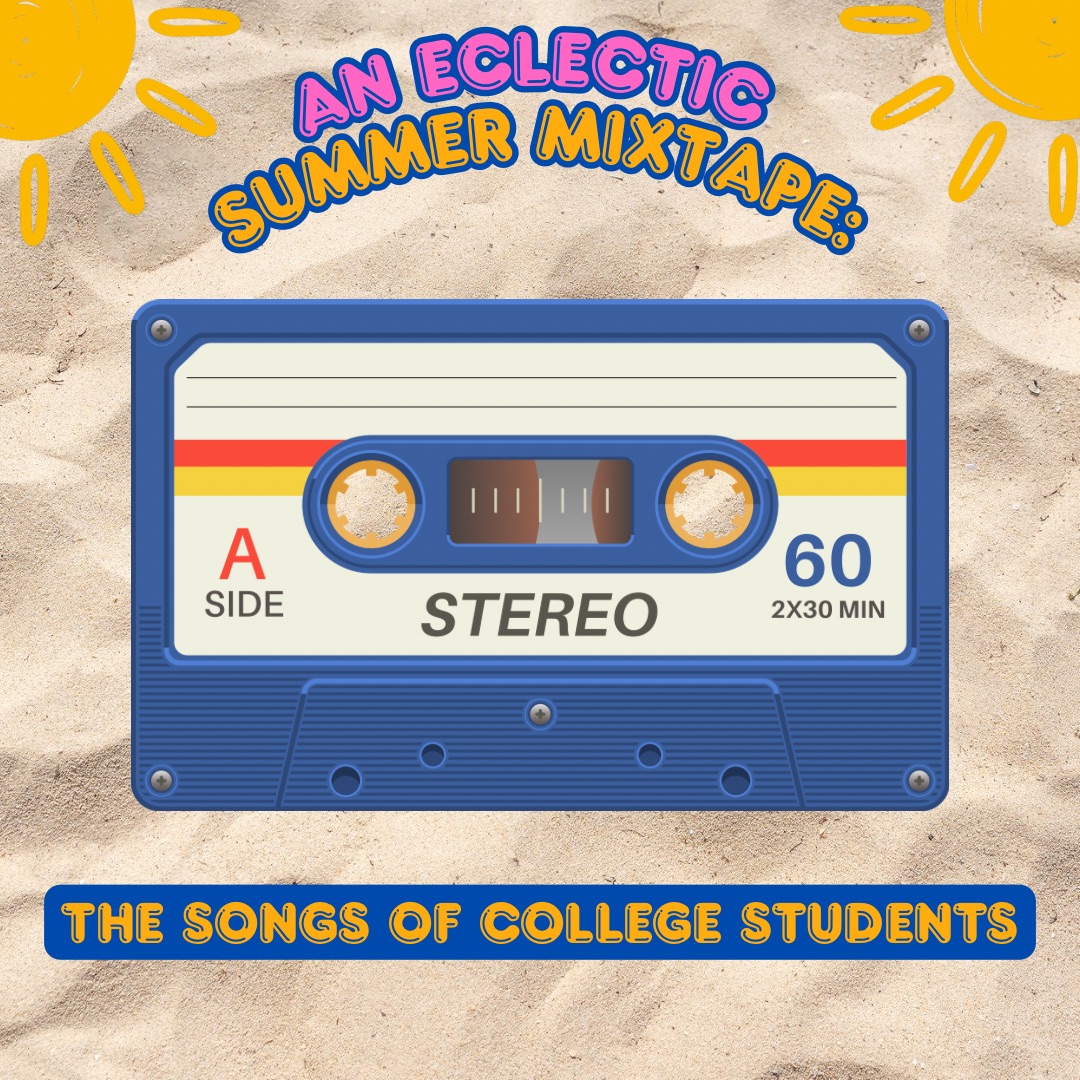Chuck Palahniuk’s 2001 novel, “Choke,” is an oddly satisfying cocktail of sexual depravity, psychological conundrums and waste food.
When his mentally unstable mother becomes fatally ill, Victor Mancini quits medical school and begins a slightly more lucrative endeavor: pretending to choke in order to have someone save him.
The logic behind Victor’s madness is that when someone saves him, they automatically feel responsible for him and sometimes, his overdue bills.
However, Victor is not tricking his saviors for selfish purposes; he uses all the money he collects in order to pay for his mother’s hospital bills. Ms. Mancini, Victor’s insane mother, who often doesn’t even recognize her own son, is housed in a hospice center and treated by the very inventive, and very pretty, Dr. Marshall.
Victor’s mother is not always shown as a dying woman, but in addition to the first person account of Victor’s story, the novel includes a series of flashbacks, usually involving his mother liberating him from a foster family. When Victor is not dying in public, he is working as a tour guide for a living history museum with his best friend, Denny, or making new friends at sex addicts’ anonymous meetings, where he is fervently avoiding his fourth step.
Victor’s story is not one a directional journey and does not necessarily have a distinct beginning, middle, or end but his is a tale of self-sabotaging self-discovery. Like many of Palahniuk’s characters, Victor is often lost in existential thought. He often wonders what the value of his existence is and theories about why he finds it necessary to insert himself into anyone that will allow him to do so.
Unfortunately for the reader, Victor is very much an unlikable character. Because of his unstable childhood, he is unable, and perhaps unwilling, to maintain a healthy or lasting relationship with a woman. He is a manipulative sexist who does not have a plan for his life. Essentially, he is that one guy that everyone regrets dating. Palahniuk, a Washingtonian and alumni of the University of Oregon, is an award winning author whose immense work of literature has inspired three films.
His hobbies include travel observing addiction support groups. Much of the novel is based off of stories that Palahniuk heard while he was in sex addicts’ anonymous meetings, which he frequented as a form of research. Which, as is common knowledge to Palahniuk fans, is also a large part of his most famous novel, and later film, “Fight Club.”
Paige Jurgensen / Staff writer






